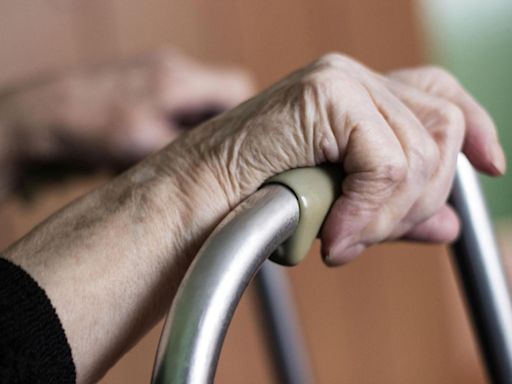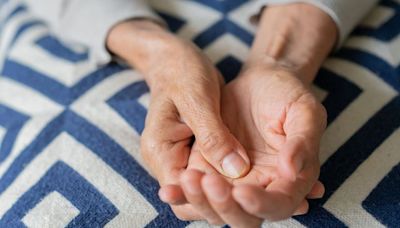Search results
Parkinson's disease is a condition in which parts of the brain become progressively damaged over many years. Symptoms of Parkinson's disease. The main symptoms of Parkinson's disease are: involuntary shaking of particular parts of the body slow movement; stiff and inflexible muscles
We're the Parkinson's charity that drives better care, treatments and quality of life. Because we're here, no one has to face Parkinson's alone.
About Parkinson's. People with Parkinson's don't have enough of the chemical dopamine in their brain because some of the nerve cells that make it have stopped working. Around 153,000 people live with Parkinson’s in the UK. And it's the fastest growing neurological condition in the world.
The symptoms of Parkinson's disease usually develop gradually and are mild at first. There are many different symptoms associated with Parkinson's disease. But the order in which these develop and their severity is different for each individual.
Apr 5, 2024 · Parkinson's disease is a progressive disorder that affects the nervous system and the parts of the body controlled by the nerves. Symptoms start slowly. The first symptom may be a barely noticeable tremor in just one hand.
Parkinson's disease (PD), or simply Parkinson's, is a long-term neurodegenerative disease of mainly the central nervous system that affects both the motor system and non-motor systems. The symptoms usually emerge slowly, and as the disease progresses, non-motor symptoms become more common.
Parkinson’s disease is a brain disorder that causes unintended or uncontrollable movements, such as shaking, stiffness, and difficulty with balance and coordination. Symptoms usually begin gradually and worsen over time. As the disease progresses, people may have difficulty walking and talking.
Aug 9, 2023 · Parkinson disease (PD) is a brain condition that causes problems with movement, mental health, sleep, pain and other health issues. PD gets worse over time. There is no cure, but therapies and medicines can reduce symptoms.
There's currently no cure for Parkinson's disease, but treatments are available to help relieve the symptoms and maintain your quality of life. These treatments include: You may not need any treatment during the early stages of Parkinson's disease as symptoms are usually mild.
Parkinson's disease is a chronic, progressive neurodegenerative condition resulting from the loss of the dopamine-containing cells of the substantia nigra. Parkinsonism is an umbrella term for the clinical syndrome involving bradykinesia and at least one of tremor, rigidity and/or postural instability. Parkinson's disease is the most common ...




